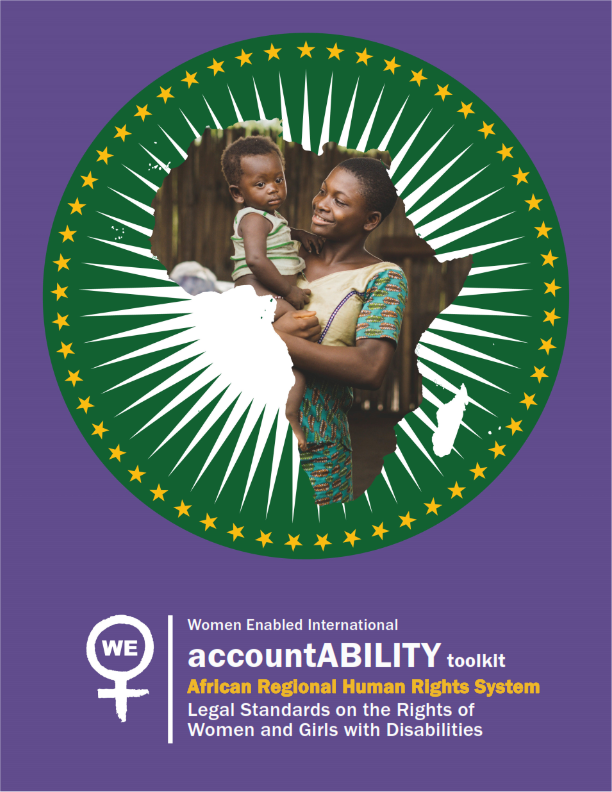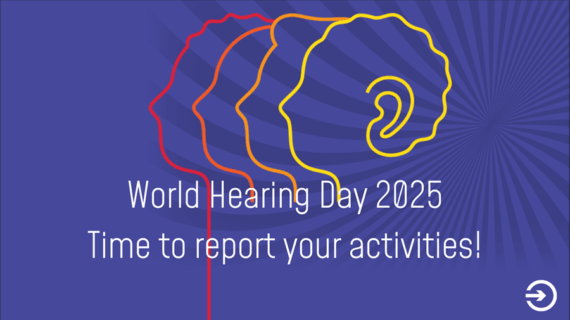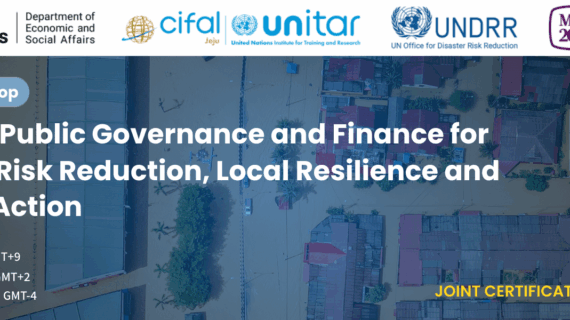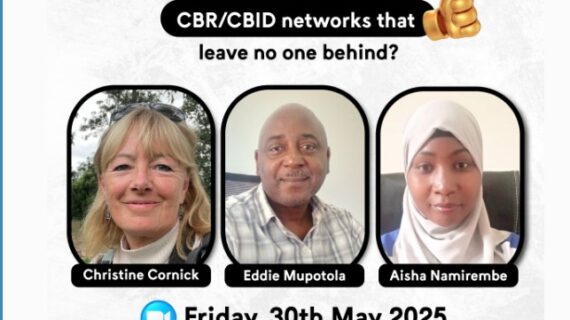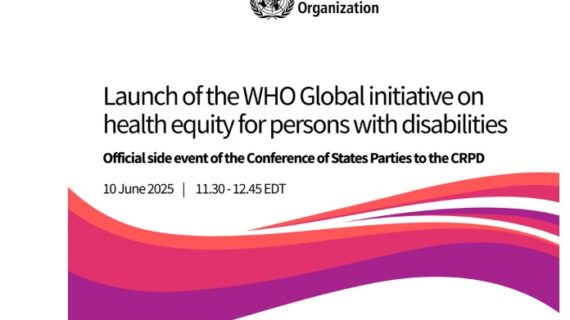Women Enabled International accountABILITY toolkit
African Regional Human Rights System Legal Standards on the Rights of Women and Girls with Disabilities.
As discussed in accountABILITY: African Regional Human Rights System Advocacy Guide, the African human
rights bodies consist of independent human rights experts whose job is to (1) monitor whether States are
meeting their legal obligations under relevant African human rights treaties, (2) interpret the meaning and
concepts of the corresponding human rights treaties through development of documents such as General
Comments and Concluding Observations, and (3) in some instances, make decisions on Individual
Complaints submitted to them concerning the interpretation and application of the human rights treaties.
Together, these documents make up the “jurisprudence” of the human rights bodies. By looking at this
jurisprudence, together with the human rights treaties, we can better understand what types of actions violate
African human rights law and what governments must do to meet their regional legal obligations.
When we engage in regional human rights advocacy in Africa — for instance, when we submit written information like shadow reports to the African Commission on Human and People’s Rights — our advocacy is
strengthened with an analysis of the existing human rights standards on an issue. In addition to referring to
the African human rights treaties, when we can demonstrate that African human rights bodies have previously
interpreted regional human rights obligations in a way that supports what we are saying, we are more
persuasive, human rights bodies may be more likely to take up our issues, and they may provide better
guidance to States on how they can remedy the issues that we raise.
This briefing paper provides an in-depth summary of what African human rights treaties and African human
rights bodies have said about the rights of women and persons with disabilities generally, and, in some
instances, the rights of women and girls with disabilities specifically. This paper introduces the legal standards
set out in a few main human rights treaties, including the African Charter on Human and People’s Rights
(Banjul Charter), the Protocol to the African Charter on Human and Peoples’ Rights on the Rights of Women
in Africa (Maputo Protocol), the Protocol to the African Charter on Human and Peoples’ Rights on the Rights
of Persons with Disabilities in Africa (Disability Protocol) and the African Charter on the Rights and Welfare of
the Child (ACRWC).
As to African human rights bodies, this paper identifies what the African Commission on
Human and People’s Rights (African Commission), African Court on Human and People’s Rights (African Court)
and African Committee of Experts on the Rights and Welfare of the Child (ACERWC) have said in their general
comments, concluding observations and decisions on individual complaints through May 2020.
The briefing paper uses the language of the treaties and the human rights bodies as often as possible.
Advocates can use this briefing paper to help explain why specific situations or actions violate protected rights
and what governments must do to protect those rights. For each issue outlined here, the briefing paper
footnotes the original source(s) of the jurisprudence.
Advocates can cite to these original sources to help support their interpretation of particular human rights obligations. When engaging in country-specific advocacy, we also recommend that advocates always review prior concluding observations or mission reports for that particular country. Prior concluding observations on compliance with the Banjul Charter and its Protocols can be found on the country’s homepage through the website of the African Commission.

